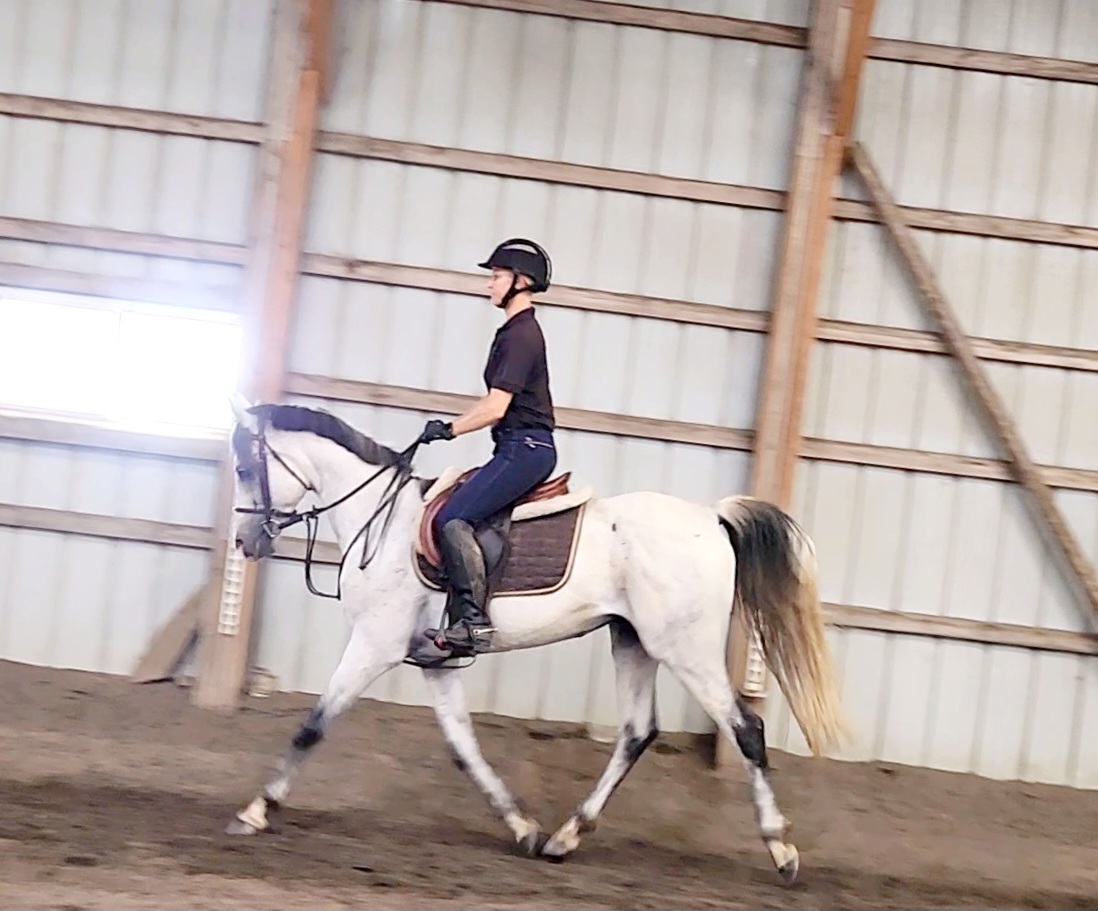Eventers see pretty amazing country. Take a hack in Virginia when all the leaves are neon orange, or spend a night hauling through the extreme darkness of west Texas (but seriously, don’t get a flat). Not to mention the beautiful Rebecca Farm and the ring of mountains that surround the town of Kalispell, Montana. The Spanish moss in Ocala, anyone? You get the point. We get to do what we love on beautiful farms. And while I know most eventers are very conscious of their environment, here is a list of five reminders that will help keep our land in its pristine condition.
2. Control pests naturally. Fly Predators are becoming a popular solution to barn fly issues and solve a large problem without pesticides. These tiny insects are tiny and do not bother horses, but will kill the typical barn fly before it hatches into its mature form. While they do take some maintenance and consistent restocking, Fly Predators will greatly reduce the number of flies on your property. Natural fly spray is also available from a variety of retailers, including the aforementioned Equinature. You can even get a natural daily wormer called Verm-X that supposedly eliminates internal parasites. I’m not sure how effective it is in comparison to regular wormers, but it’s an interesting concept to explore.
3. Maintain healthy pastures. Many barn owners don’t have much choice in how they deposit manure, and spreading it around pastures with a tractor is many times the easiest option. However, this creates an environment that can lead to parasites, flies, and unhealthy grass. If possible, either have manure hauled away by a farmer for fertilizer or take up the practice of composting. Plant new seed to encourage vegetative growth that will prevent erosion of soil, and not just in your pastures. Planting shrubbery and other vegetation around the farm will help absorb runoff water (and it looks nice!). Rotate turnout as space allows to prevent overgrazing. Use a harrow to break up soil occasionally and encourage nutrient turnover. Grasses with shallow roots use up topsoil nutrients, and breaking up the ground allows for replenishment. This article gives a great overview of how to manage your entire barn in a greener manner.
4. Conserve. Turn off barn lights during the day. Automatic waterers save you from having to dump out gallons of water from dirty buckets. Purchase products in bulk or concentrate forms and mix it up at home, saving yourself from buying unnecessary packaging. Get your tire pressure checked and change your oil on time, as both can decrease gas mileage. And skip the plastic bag at the 5AM gas station coffee run. Plastic bags are a petroleum product and take a very long time to decompose. Italy has been the most recent country to ban them, following examples set by part of China and India. Rarely recycled, plastic bags are filling up landfills and compose a large part of the world’s litter.
5. Recycle. I’ve been to numerous events where I’ve seen trashcans full of plastic bottles and other recyclable materials. It sounds cliche to repeat, but just recycling plastic can make a difference for the environment. It’s easy, takes no time, and there is no reason not to. If you want to be really ambitious, you can figure out ways to recycle things around the barn as well. Reuse bailing twine, feed sacks, and containers. Old brushes can be used to clear buckets. Donate old clothes to your local Pony Club. Just being conscious of the land around you will make a difference and farms will stay as beautiful as they are today for future generations.



















